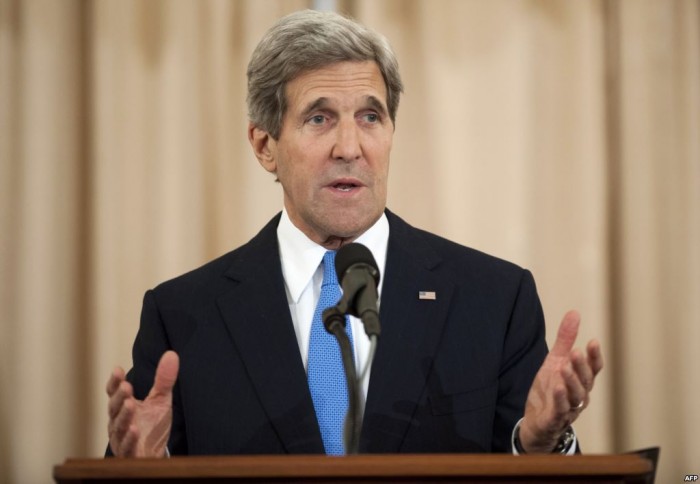
Written by: Jessica Garber – Intern at Shared Hope International
On Wednesday, June 19th, Secretary of State John Kerry released the 2013 Trafficking in Persons Report, concluding that there are approximately 27 million people enslaved worldwide. Throughout the past year, world efforts to end human trafficking shed light on 46,000 victims. While the fight to end modern-day slavery is an extensive one, Kerry announced a benchmark success: the number of global convictions of human traffickers has increased by 20 percent since the 2012 report release, displaying progress on a worldwide level.
The Department of State’s Office to Monitor and Combat Trafficking in Persons (TIP Office) assessed 188 countries for this year’s report, and evaluates them based upon “the extent of their governments’ efforts to comply with the ‘minimum standards for the elimination of trafficking’ found in Section 108 of the TVPA” (U.S. Dept. of State Website). The countries can be ranked in three tiers, Tier 1 being the highest. However, just because a country may be ranked in Tier 1 does not mean that they do not have a human trafficking problem, but rather indicates that their government has acknowledged the existence of the problem and made efforts to address it. Thirty countries ‘made the grade’ for Tier 1, including the U.S and the U.K. Ninety-two countries made Tier 2, such as Switzerland, Romania, and Vietnam, meaning that they haven’t quite reached TVPA’s minimum standards. Lastly, 21 countries, including Russia and China, were classified as Tier 3 and are “found by law not to be taking the affirmative steps necessary to fight human trafficking.” The TIP Office also creates “watch lists” which alert the country that they might be making their way downward toward a lower tier. There are 42 countries on the Tier 2 watch list, meaning that they need to be cautious about slipping down to Tier 3.
Aside from the information release, Kerry shed a hopeful light on the issue of human trafficking, an issue that seems now to be taking on more of a presence in the public sphere:
“There is abuse that can take place in even the most improbable places in the most probable ways. And I learned then, looking in the eyes of young women who had been the victims of these crimes, that they were terrified of being victimized again, by the process, by the system. And nobody quite understood what it meant to a victim or the ways you could help victims through the system. Only when we started focusing on victims, not just as potential witnesses but as survivors, human beings entitled to respect and dignity, that’s when we started to provide people with a greater measure of justice. And that’s when we were able to give people a better chance at rebuilding the future.”
–John Kerry, 2013 TIP Report Release, 6/19/13
You can download the report, free of cost, from the State Department’s website: http://www.state.gov/j/tip/rls/tiprpt/2013/index.htm
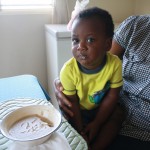
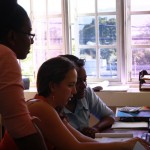

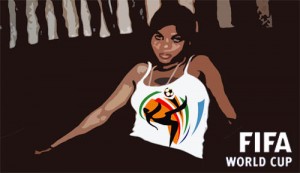 Advocates of the anti-trafficking movement will once more begin to voice their concerns about the 2014 FIFA World Cup. The importance of soccer in Brazil will likely increase the tournament’s attendance and subsequently the number of customers for trafficking victims. As mentioned earlier, Brazil already boasts a thriving tourism industry and this World Cup could draw more U.S. attendees than normal because of its proximity. We are looking to determined anti-trafficking advocates and dedicated law enforcement officials to lead the charge in this monstrous challenge to make sure traffickers aren’t the real winners at the 2014 FIFA World Cup.
Advocates of the anti-trafficking movement will once more begin to voice their concerns about the 2014 FIFA World Cup. The importance of soccer in Brazil will likely increase the tournament’s attendance and subsequently the number of customers for trafficking victims. As mentioned earlier, Brazil already boasts a thriving tourism industry and this World Cup could draw more U.S. attendees than normal because of its proximity. We are looking to determined anti-trafficking advocates and dedicated law enforcement officials to lead the charge in this monstrous challenge to make sure traffickers aren’t the real winners at the 2014 FIFA World Cup.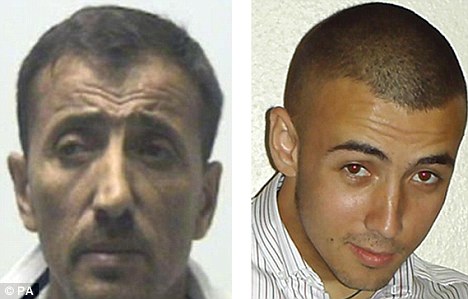 While there is research documenting how pimps
While there is research documenting how pimps 





